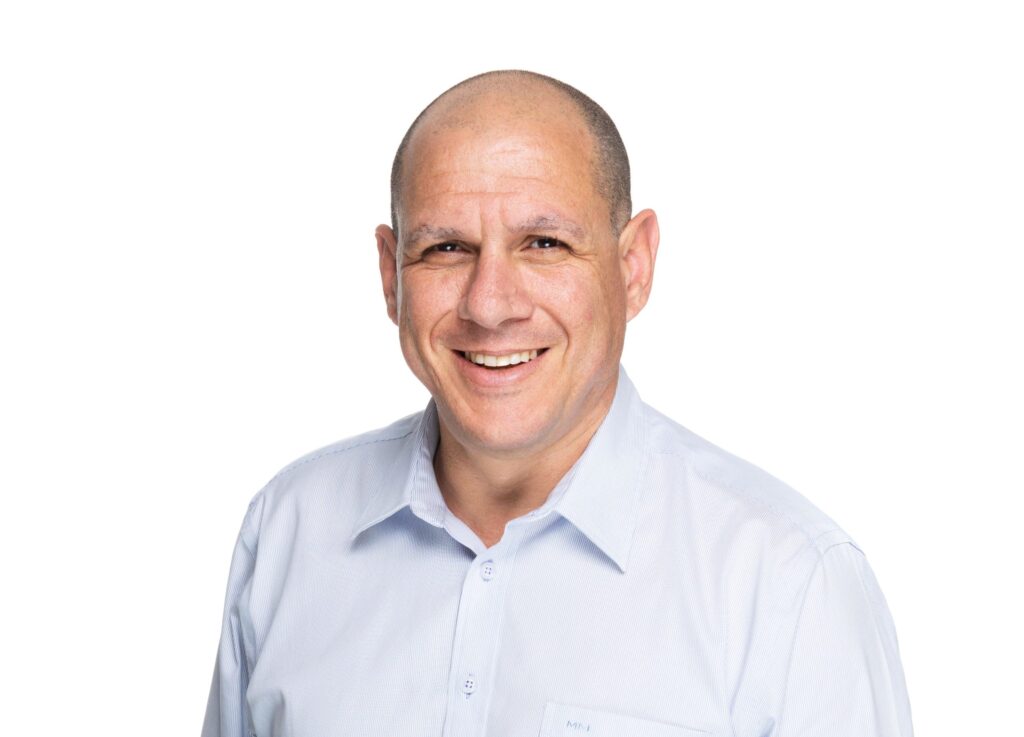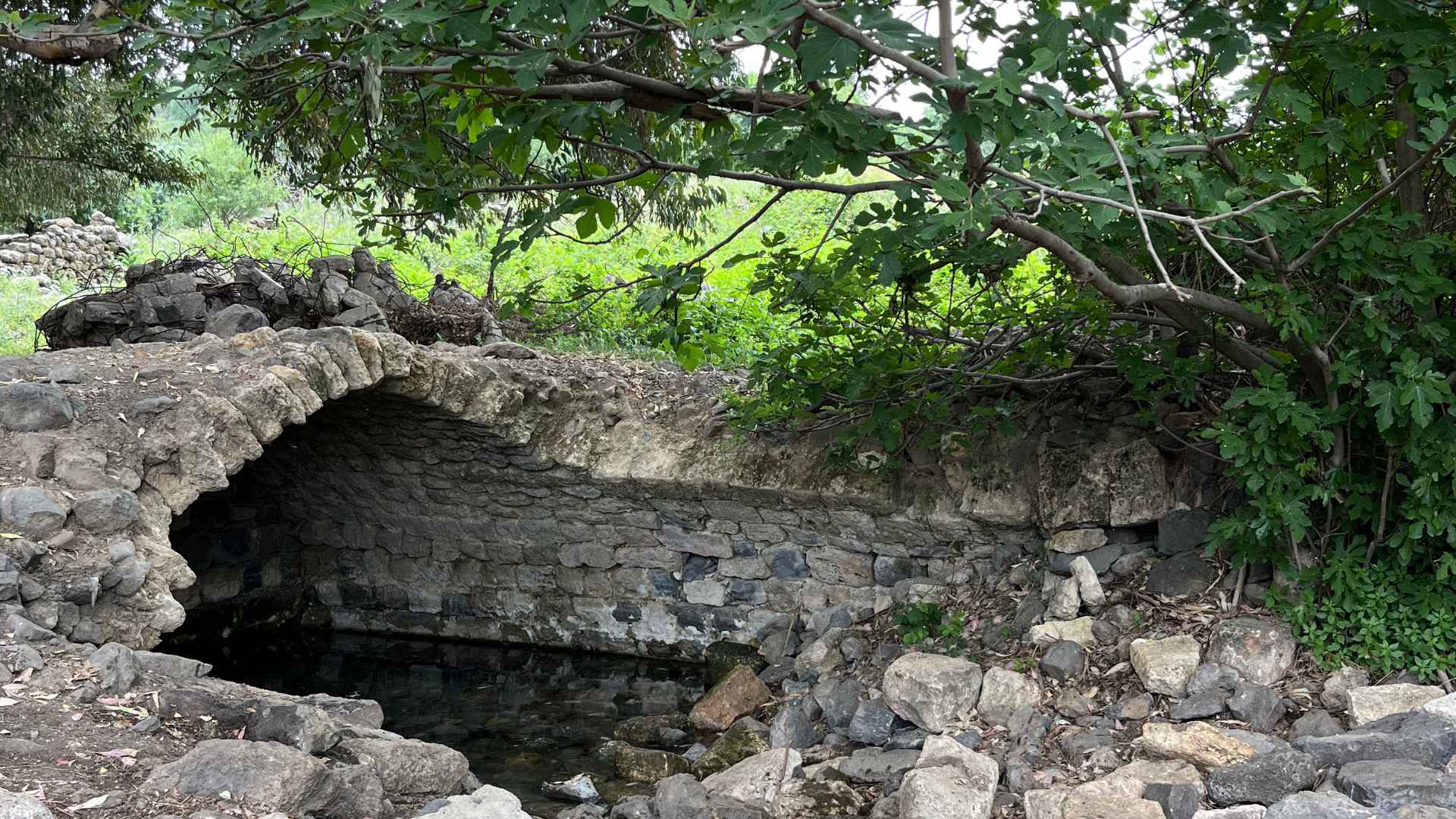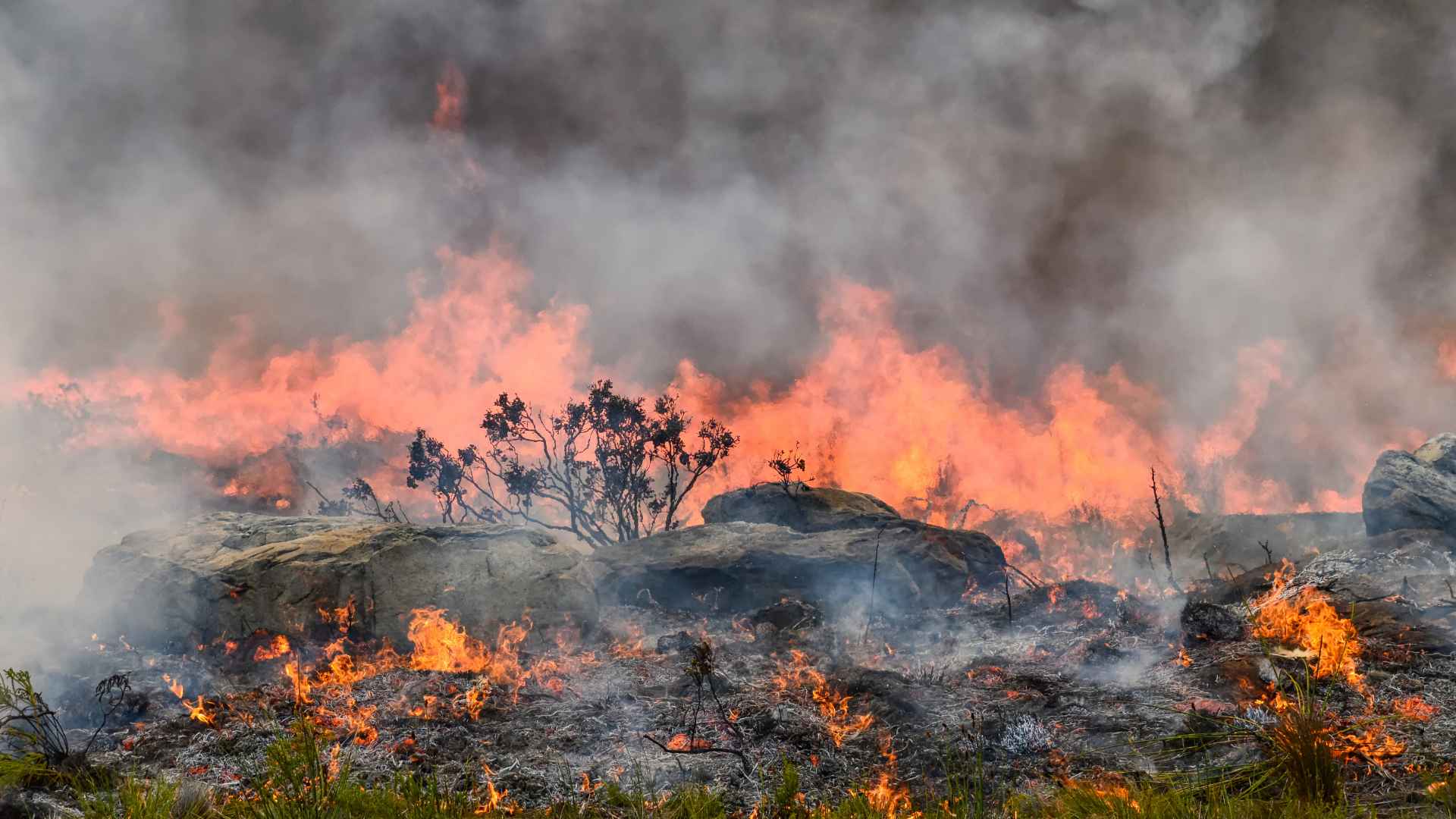Adam Teva V’Din was in the High Court of Justice on July 15, for a second hearing of our 2022 petition regarding the non-payment for water extracted from the Dead Sea by Dead Sea Works, an ICL Group enterprise.
The case goes back to earlier rulings secured by Adam Teva V’Din in the Water Tribunal, the special court that manages water-related disputes, following which the National Water Authority issued ICL Group an invoice in line with the Water Law for approximately 80 million shekels for the water pumped during the years 2018-20. At that point, ICL Group requested a legal opinion from the Ministry of Justice, citing its understanding that as holders of the Dead Sea Works franchise, it is exempt from paying for water used in its industrial processes.
At the heart of the case is the 1961 Concession Law
At the founding of the State of Israel, the government viewed the Dead Sea as a resource to be exploited for the State’s benefit. It was nationalized in 1951 and its activities enshrined in the 1961 Concession Law that granted the Dead Sea Works (then a government company) exclusive rights to extract minerals. The potential ecological impact of mineral farming of the Dead Sea was not a consideration, and experts today understand that the fate of the Dead Sea and its landscape was sealed even then.
Amit Bracha, Adam Teva V’Din’s executive director says that the Concession Law opened the door to an environmental disaster on a par with the draining of the Hula valley in the north.
“Now that 70 years have passed, the ecological disaster in the Dead Sea area is plain for all to see. The Dead Sea is about half the size it was in the 1970s, and thousands of sink holes have opened up. There is only one beach today adjacent to the ‘sea’ – in reality one of the Dead Sea Works’ evaporation ponds.”
“Our current case against Dead Sea Works’ owners is based on the belief that those profiting from the minerals industry should first of all pay, and without further delay, for the brackish water it removes from the Dead Sea – just as you and I pay, under the Water Law, for the water we use every day.”

In 2030, the franchise agreement granted to ICL-Group under the 1961 Concession Law, comes to an end, offering an opportunity to prevent further damage to the Dead Sea. The Finance Ministry has been developing revisions to the law, claiming that they will be conditioned upon a comprehensive plan for restoration of the Dead Sea.
Adam Teva V’Din is also a party to the Knesset’s Special Committee for the Fund for Israel Citizens and Special Committee for Young Israelis, both of which want to see ‘order’ around the future of the Dead Sea.
In the meantime, our legal team will continue to argue the current case in the High Court. Adam Teva V’Din’s Meirav Abady:

“We dispute the position taken by ICL Group’s legal team which rests its case on the problematic 1961 Concession Law. We will continue to argue that the Water Law, as it is today, applies to the water used by Dead Sea Works, and we’ll be back in court to represent the public interest.”





